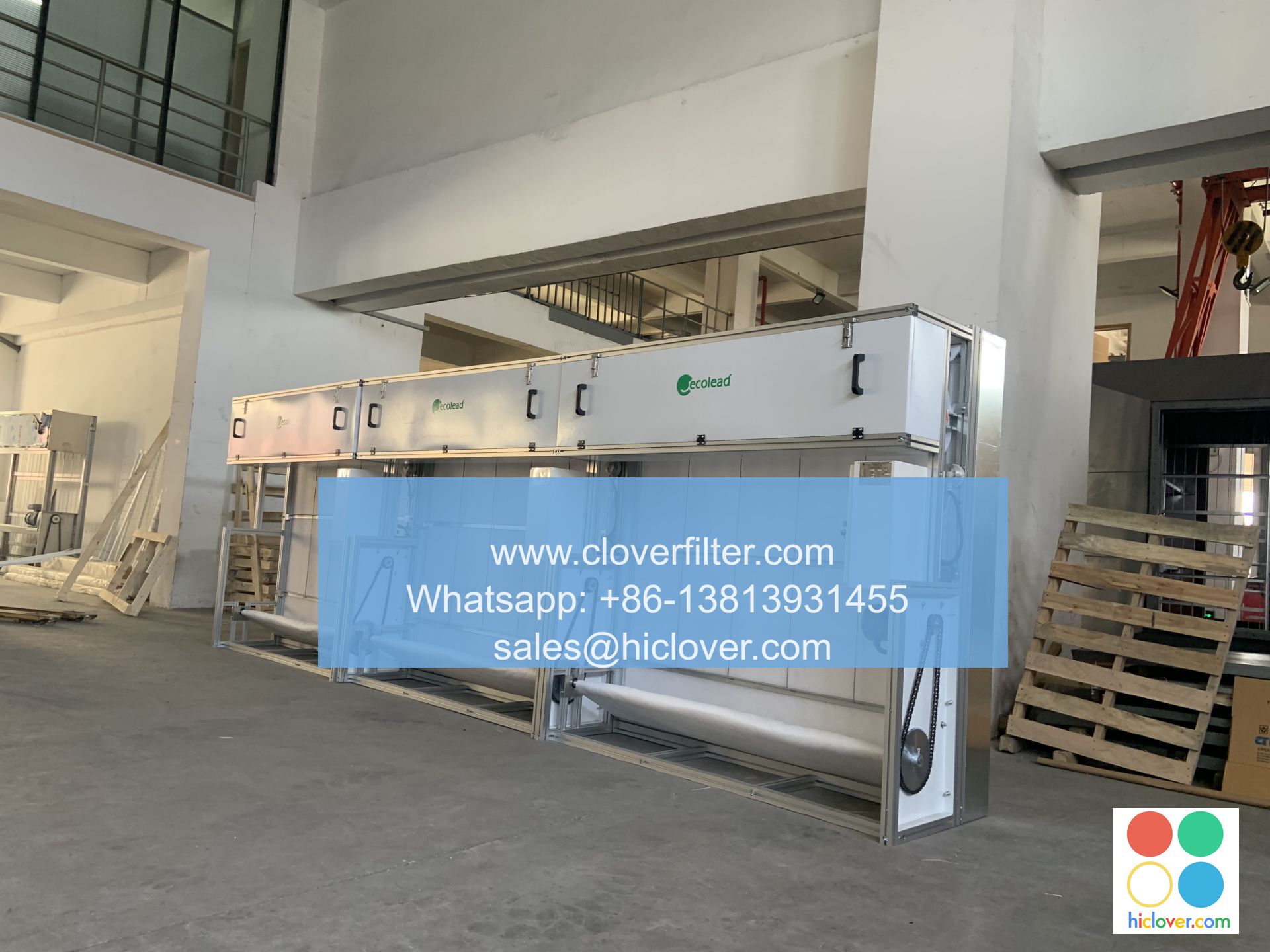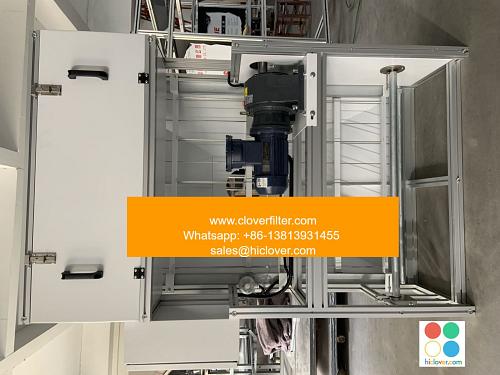Enhancing Biocontainment Lab Safety with Automatic Roll Air Filters at UTMB

The University of Texas Medical Branch (UTMB) is a pioneering institution in the field of biomedical research, with a strong focus on biocontainment lab safety. As part of its commitment to providing a secure and healthy environment for its researchers, UTMB has implemented cutting-edge technology, including Automatic Roll Air Filters, to minimize the risk of airborne contamination. In this article, we will explore the importance of biocontainment lab safety, the benefits of automatic roll air filters, and their various application areas at UTMB.
Introduction to Biocontainment Lab Safety
Biocontainment labs are specialized research facilities designed to handle hazardous biological agents, such as pathogens and toxins. These labs require stringent safety protocols to prevent the release of these agents into the environment, which could have devastating consequences for human health and the ecosystem. Biocontainment lab safety is a critical aspect of biomedical research, and UTMB has consistently demonstrated its commitment to maintaining the highest safety standards in its research facilities.
The Role of Automatic Roll Air Filters in Biocontainment Lab Safety
Automatic roll air filters are a key component of UTMB’s biocontainment lab safety strategy. These high-efficiency particulate air (HEPA) filters are designed to capture 99.97% of particles as small as 0.3 microns, including bacteria, viruses, and other airborne contaminants. By installing automatic roll air filters in its biocontainment labs, UTMB has significantly reduced the risk of airborne contamination, creating a safer working environment for its researchers.
Application Areas of Automatic Roll Air Filters at UTMB
The application areas of automatic roll air filters at UTMB are diverse and widespread. Some of the key areas where these filters are used include:
* Biosafety Level 3 (BSL-3) labs: These labs handle pathogenic agents that can cause serious or potentially lethal disease. Automatic roll air filters are used to prevent the release of these agents into the environment.
* Biosafety Level 4 (BSL-4) labs: These labs handle the most dangerous and exotic pathogens, and automatic roll air filters play a critical role in maintaining the highest level of biocontainment.
* Animal research facilities: UTMB’s animal research facilities use automatic roll air filters to prevent the spread of zoonotic diseases and maintain a healthy environment for the animals.
* Tissue culture and cell biology labs: These labs use automatic roll air filters to prevent contamination of cell cultures and tissue samples, which is critical for maintaining the integrity of research data.
Benefits of Automatic Roll Air Filters
The benefits of automatic roll air filters at UTMB are numerous. Some of the key advantages include:
* Enhanced biocontainment lab safety: Automatic roll air filters significantly reduce the risk of airborne contamination, creating a safer working environment for researchers.
* Improved research integrity: By preventing contamination of cell cultures and tissue samples, automatic roll air filters help maintain the integrity of research data.
* Reduced maintenance costs: Automatic roll air filters are designed to be low-maintenance, reducing the need for frequent filter replacements and minimizing downtime.
* Increased energy efficiency: Automatic roll air filters are designed to be energy-efficient, reducing the energy consumption of UTMB’s research facilities.
Conclusion
In conclusion, the implementation of automatic roll air filters at UTMB has significantly enhanced biocontainment lab safety, reducing the risk of airborne contamination and creating a safer working environment for researchers. The various application areas of these filters, including BSL-3 and BSL-4 labs, animal research facilities, and tissue culture and cell biology labs, demonstrate the versatility and effectiveness of this technology. As UTMB continues to push the boundaries of biomedical research, the use of automatic roll air filters will remain a critical component of its biocontainment lab safety strategy.

